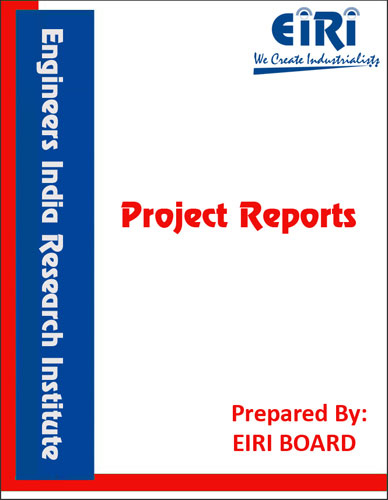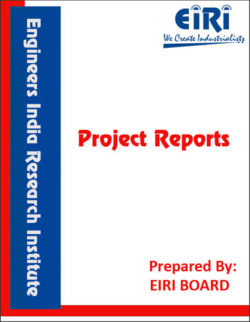PAPER CARRY BAGS
The project report includes Present Market Position and Expected Future Demand, Market Size, Statistics, Trends, SWOT Analysis and Forecasts. Report provides a comprehensive analysis from industry covering detailed reporting and evaluates the position of the industry by providing insights to the SWOT analysis of the industry.
We can prepare PROJECT REPORT as per your INVESTMENT PLAN for BANK LOAN REQUIREMENT and INDUSTRY ANALYSIS. All reports are prepared by highly qualified consultants and verified by a panel of experts.
Have Query? Click Here to Chat
Industry Expert is Online, Chat with him for more detail.

Paper bags are the oldest types of packaging material and are very much prevelant in the modern days in various fields. Infact, paper bag is one of the most common and popular form of packaging. The hand made bags of paper have been a commodity of common use. However, for the manufacture of bags, the introduction of machines is of recent origin about the middle of 19th century. Since then the manufacture of paper bags has become an important industry in itself, paper bag is the cheapest form of packaging. Such paper bags have the speciality that they are light weight, free from any contaminants like dust, and are, as well, free from shifting or ‘puffing’ which results in loss of contents. As for the share occupying these paper bags for general use require minimum possible space for storage and shipment, both before and after filling. However, one disadvantage of the paper bags is that they are not durable. Though the strength of the paper bags can be increased by lamination of the base paper with jute, scrim or other reinforcing materials, this however, increases the cost of the bag by making it more expensive.
Project Report Covers:
- Introduction
- Uses and Applications
- Properties
- Market Survey with future aspects
- Present Manufacturers
- B.I.S. Specifications
- Manufacturing Process with Formulae
- Cost Economics with Profitability Analysis
- Capacity
- Land & Building Requirements with Rates
- List & Details of Plant and Machinery with their Costs
- Raw Materials
- Details/List and Costs
- Power & Water Requirements
- Labour/Staff Requirements
- Utilities and Overheads
- Total Capital Investment
- Turnover
- Cost of Production
- Break Even Point
- Profitability
- Land Man Ratio
- Suppliers of Plant & Machineries and Raw Materials.



